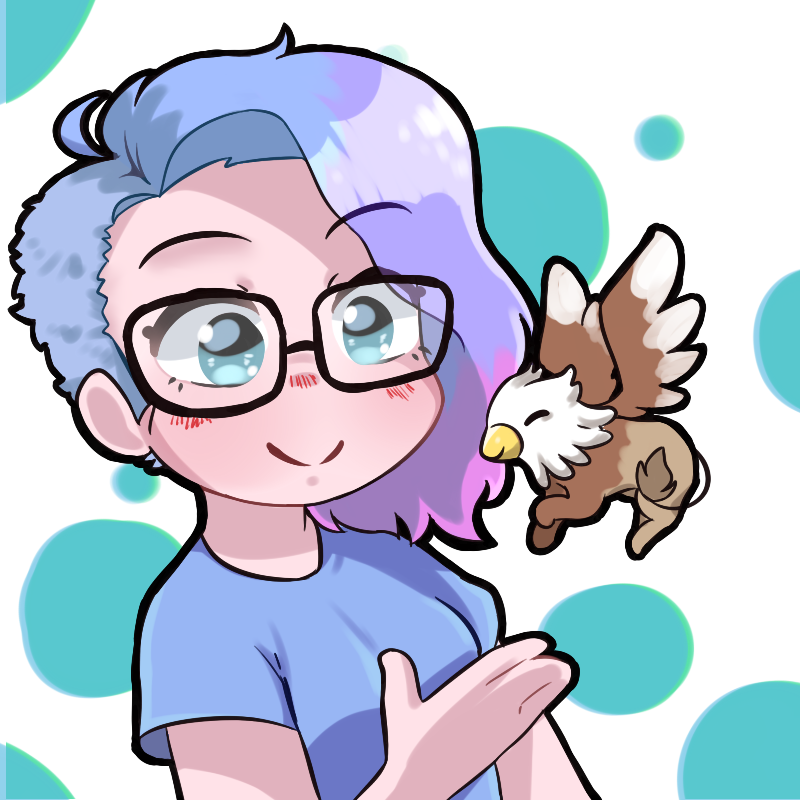
Moving From Idea to Finished Draft
Different Kinds of Story Inspiration and What to Do With Each Of Them
How do you take an idea and move it from incomplete notion to actual story? How do you distinguish the seed of a great piece from something that will never be completed? How do you approach making a story about a particular character versus how you would approach a story based on a setting or theme?
Stories can manifest in all sorts of ways, some of them easier to develop than others. If you have just a title, where do you go next? What if all you have is a historical moment or a specific character? The process for such stories will differ from that of a story modeled on another story, or one that starts with just an idea for the ending.
With over 200 fiction credits to her name, Cat Rambo understands how to coax something vague into the shape of a story. This class covers two dozen possible launching points and the techniques, considerations, and possible pitfalls of turning each into a complete story. With each launching point, Rambo provides a story that started in that way, along with commentary on that story's process.
Your Instructor

Cat Rambo is engaging, personable, and supportive, providing insight, encouragement, and inspiration to students who want to pursue writing and publishing speculative fiction. She has been teaching classes and workshops for over three decades at levels ranging from 5th/6th graders through college, graduate level, and continuing at institutions including the Johns Hopkins University, Indiana University, Bellevue College, Clarion West, the PNWA conference, and more.
Her credentials include a MA in writing from the Johns Hopkins Writing Seminars, where she studied with John Barth and the Clarion West Writers Workshop and the Clarion West workshop, where she studied with Octavia Butler, L. Timmel DuChamp, Andy Duncan, Gordon van Gelder, Michael Swanwick, and Connie Willis. She is a Nebula Award winner and has also been nominated for the Compton Crook Award for First Novel, as well as Endeavour and World Fantasy Awards. She is the former editor of Fantasy Magazine. Her own work includes over 200 short stories, several novels, a cookbook, a guidebook to Baltimore, and Creating an Online Presence for Writers. She is a two-term former President of the Science Fiction and Fantasy Writers of America (SFWA). Her upcoming works include Exiles of Tabat from Wordfire Press (2020) and You Sexy Thing (Tor MacMillan, 2021).
She founded the Rambo Academy for Wayward Writers in 2009. Students have gone on to publish novels and amass award nominations and wins, including Hugo, Nebula, World Fantasy, and Eppie Awards. In the past decade, she’s assembled some of the most talented and inspiring writers and teachers working in the genre today, each speaking on their areas of expertise.
Course Curriculum
-
StartPlot
-
StartReferenced Story: Pippa's Smiles
-
StartTechnique
-
StartReferenced Story: Kallakak's Cousins
-
StartPredetermined Structure
-
StartReferenced Story: Just the Facts
-
StartStealing
-
StartReferenced Story: A Querulous Flute of Bone
-
StartCulturally Determined Structure
-
StartReferenced Story: Narrative of a Beast's Life
Frequently Asked Questions
Over and over through the years, people have kept asking me how to learn to tell good ideas from bad ones. They know that some ideas click and are easy to write, while others die halfway through drafting. How can you figure out what will happen with that cool new idea you just had?
The answer isn't that it's a matter of picking the right stories. it's learning how to take different ideas and coax a story out each and every time. This class will show you how to do exactly that.
